It’s 2015! I started to write a bunch of resolutions for working with horses – “horse-olutions” I call them, and then realized: I don’t like New Year’s resolutions!
For horses, an experience just comes along, not one that is planned because horses don’t do all that much planning. If I make too many goals for the New Year I will get disappointed in myself if I don’t achieve them. But people have to make plans, it’s part of their nature. So my “horse-olutions” are designed for horses and humans, so horses so each can complement each other with their unique gifts and perspectives.
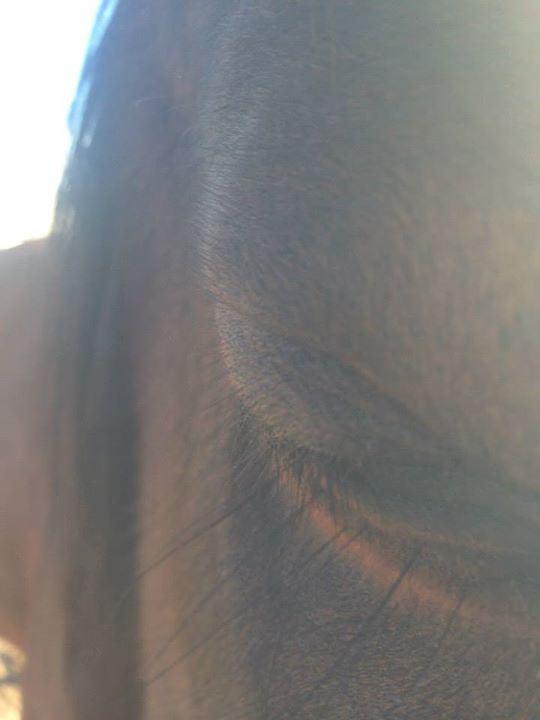 Humans are the planners; horses live like Buddhists, in the moment. We orchestrate our planning and goals in a best case scenario, taking into account the needs of others and herd wants of our horses. That way we all get along better, instead of getting into that tussle of who wins, or bringing the blood up in one another. Since we are the planners, we make lists, resolutions, goals for ourselves in our work with horses. We make goals for ourselves such as, not to overeat, gossip, play too many video games, spend extra time at the computer. For horses we can make goals to benefit their lives since they don’t make goals for themselves.
Humans are the planners; horses live like Buddhists, in the moment. We orchestrate our planning and goals in a best case scenario, taking into account the needs of others and herd wants of our horses. That way we all get along better, instead of getting into that tussle of who wins, or bringing the blood up in one another. Since we are the planners, we make lists, resolutions, goals for ourselves in our work with horses. We make goals for ourselves such as, not to overeat, gossip, play too many video games, spend extra time at the computer. For horses we can make goals to benefit their lives since they don’t make goals for themselves.
Horses don’t feel guilty if they don’t check off everything on their to-do lists like we do. But horses are also always looking for a leader, and everyone who works with a horse needs to establish themselves as a leader to be respected, just as leaders are respected in herds.
Here are some ideas I have for New Year’s horse-olutions designed not to make anyone feel guilty. Plus they are more horse-oriented, and taking into consideration our human need to make some plans and the horse’s need for leadership.
1) Find a place to view a real herd. Many horses are living separate from one another and not able to fully exercise their herd behavior and relationships as they do when together. A real herd, whether domestic or wild, behaves the same way. They are oriented toward safety, space, community and food.
2) If you have a horse who is stabled in a barn, find friends for him/her there so they can enjoy additional turnout together, if that’s possible. Observe what they do together. Sometimes the only constant in a stabled horse’s life is his owner. Horses around him change and there is no sense of “herd” to relate to except his person. To help with his overall health, the more herd like situations you can create, be it the Liberty Foundations, other horses to interact with, rhythms to share together, the healthier your horse will be.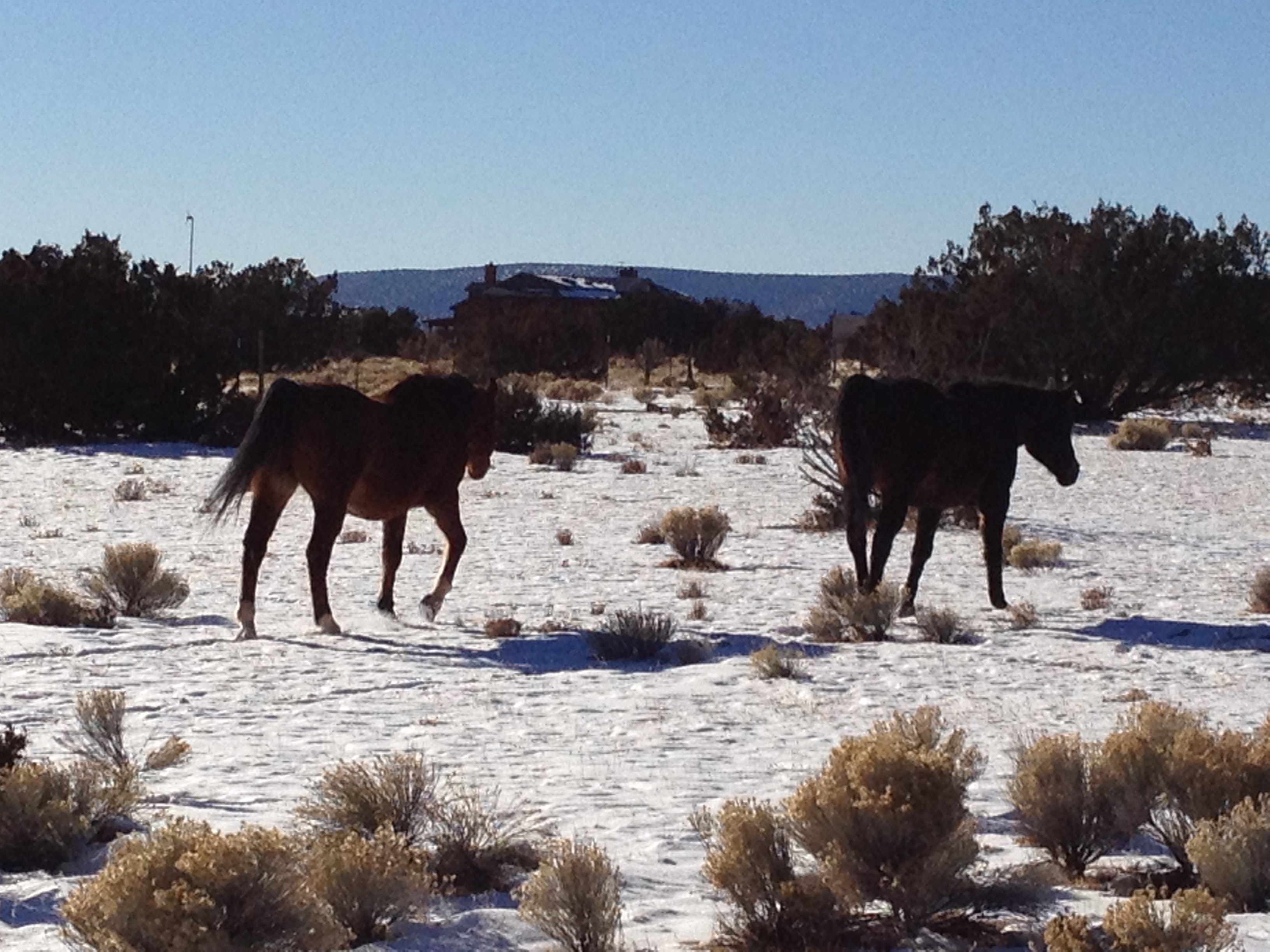
3) How can you implement liberty in your daily work with your horse? How does it translate to: saddling, bridling, blanketing, groundwork, trailering? It takes some creativity to make the transition but the transition is there — because hopefully you have established a strong working bond that carries over to other work you’re doing.
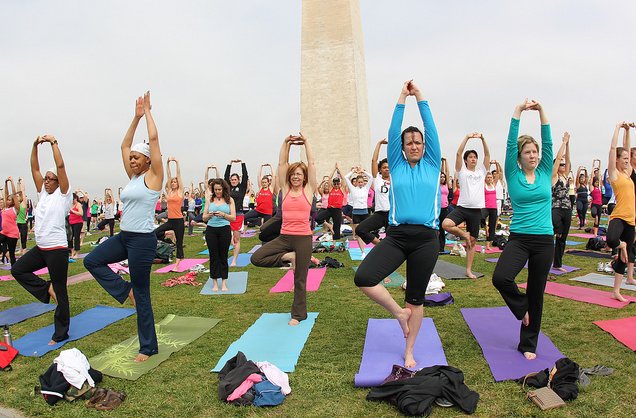 4) Can’t sit with your horse because it’s freezing? Keep moving this year: take a movement class, clean tack or something more active if you can’t actually ride or sit with your horse. The work you do outside the barn that is “in the moment” such as yoga, tai chi, or other classes will carry over to your horse work because it will keep you “in the moment” and moving freely. Another thing that can be helpful is to just meditate in your home and meditate with the horse in your vision or consciousness. Because the effort is universal, the horse will feel it where ever he or she is. I do this when I travel and am miles away from my horses.
4) Can’t sit with your horse because it’s freezing? Keep moving this year: take a movement class, clean tack or something more active if you can’t actually ride or sit with your horse. The work you do outside the barn that is “in the moment” such as yoga, tai chi, or other classes will carry over to your horse work because it will keep you “in the moment” and moving freely. Another thing that can be helpful is to just meditate in your home and meditate with the horse in your vision or consciousness. Because the effort is universal, the horse will feel it where ever he or she is. I do this when I travel and am miles away from my horses.
5) Cultivate patience. This week I had my patience tried by a horse. I want everyone to understand that it happens to me too, and that I continue to cultivate patience and calm in myself. Once also this week, one of my horses lost her focus and I had to be the calm one, with soft voice and actions, to bring her down. Just because we get frustrated or the horse loses it, we don’t need to beat ourselves up or flip out on the horse. Horses generally give us an opportunity to right the relationship, and we need to give ourselves that opportunity too.
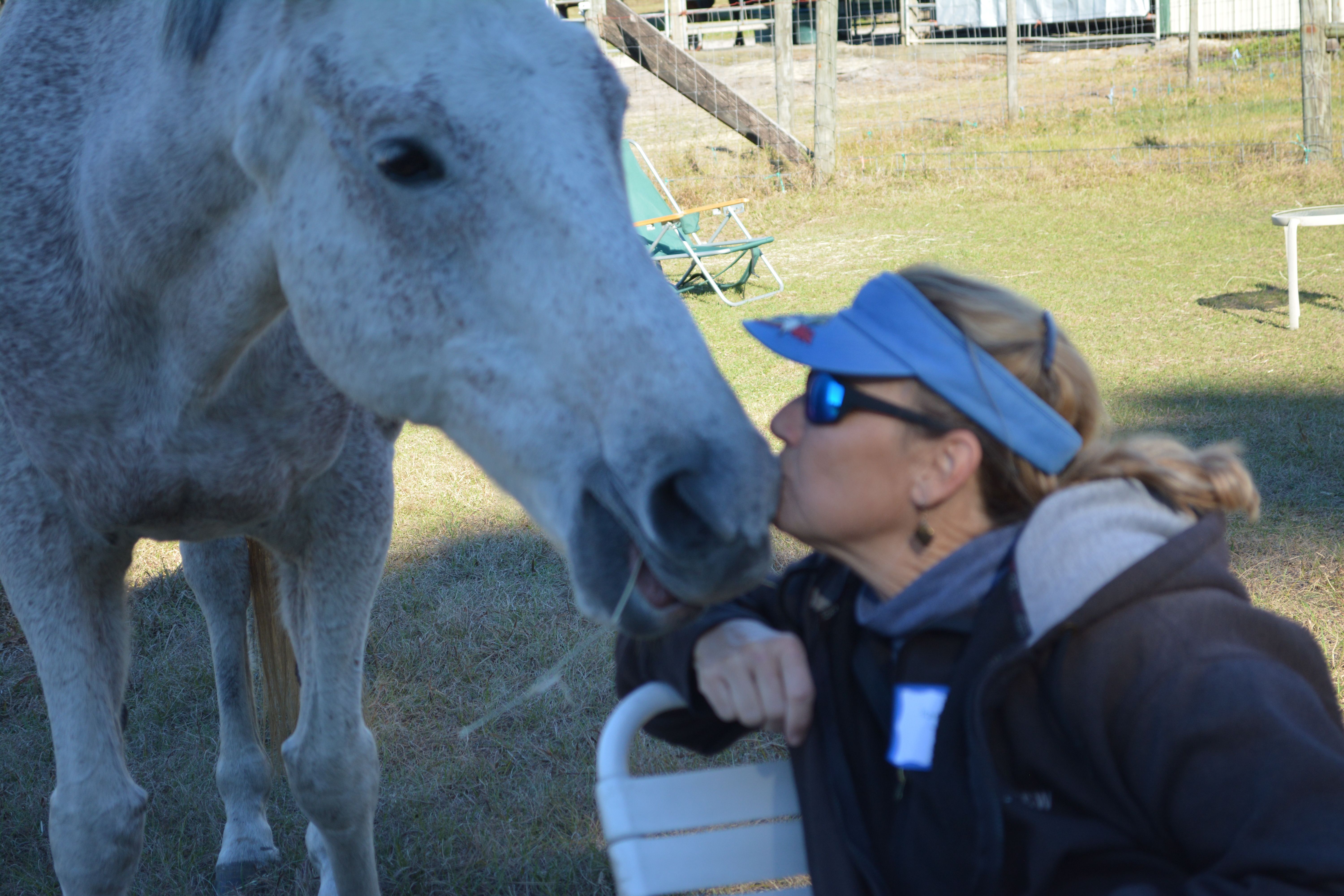 6) Keep trust alive between you and your horse. The Liberty Foundations are simply that – foundations emulating what horses do together. They are the cornerstone of developing trust, which in any relationship, takes awhile to develop. Obedience can be built in a short time; trust takes longer but has a different and deeper energetic quality to it. Trust is based on true intentions, not lies, or subterfuge or bribing. There are times when we must get horses to do things quickly on “human” time, but if we start with trust, chances are we will get more cooperation when we need it, in a pinch.
6) Keep trust alive between you and your horse. The Liberty Foundations are simply that – foundations emulating what horses do together. They are the cornerstone of developing trust, which in any relationship, takes awhile to develop. Obedience can be built in a short time; trust takes longer but has a different and deeper energetic quality to it. Trust is based on true intentions, not lies, or subterfuge or bribing. There are times when we must get horses to do things quickly on “human” time, but if we start with trust, chances are we will get more cooperation when we need it, in a pinch.
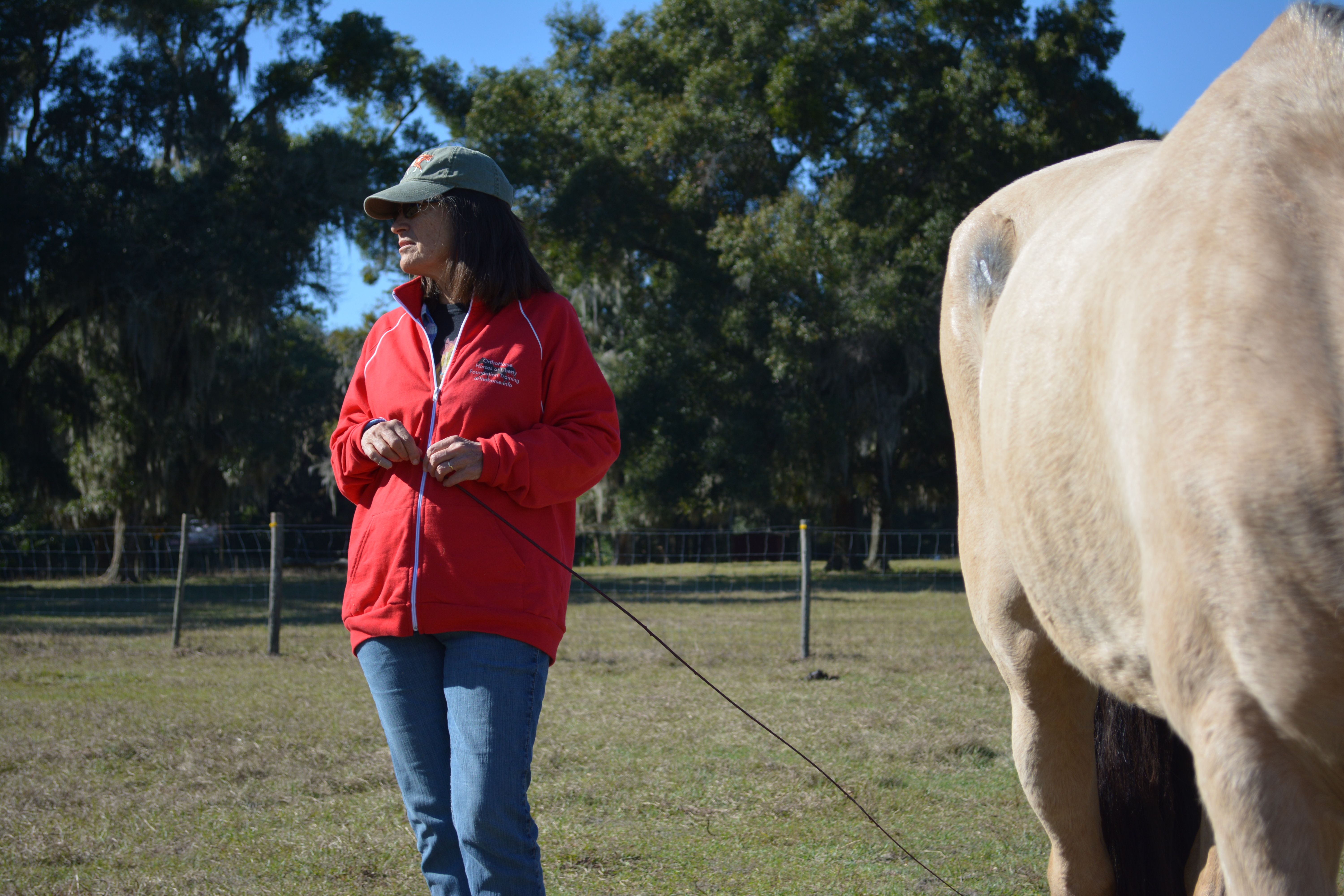 7) Keep safe. Keep your dimensions alive and clear and know where you are in relation to horses and know how you feel in your body, and how each of your dimensions is functioning. This knowledge alone can help protect you from injury.
7) Keep safe. Keep your dimensions alive and clear and know where you are in relation to horses and know how you feel in your body, and how each of your dimensions is functioning. This knowledge alone can help protect you from injury.
8) Like you would baby-proof your house if you had a baby or one visiting, baby or horse-proof your life by taking stock of where your horse lives and how to prevent injury. Also extend this to how your horse completes certain activities, such as handwalking, or allowing a rider to safely mount.
9) Figure out what your horse likes and dislikes this year. Has she changed? Have her interests changed? Has her health changed so that you may need to re-evaluate your personal goals? Is your eventing horse no longer able to jump, so you might have to consider some other type of riding or retirement instead? Take stock of your horse’s demeanor – eyes, ears, posture, to make sure you are not overlooking some pain or discomfort that might be influencing her. On a daily or weekly basis, I take a look at my horses, their preferences, how they feel about one another, the world they live in. I can now usually tell if something is different, but I don’t always know what right away.
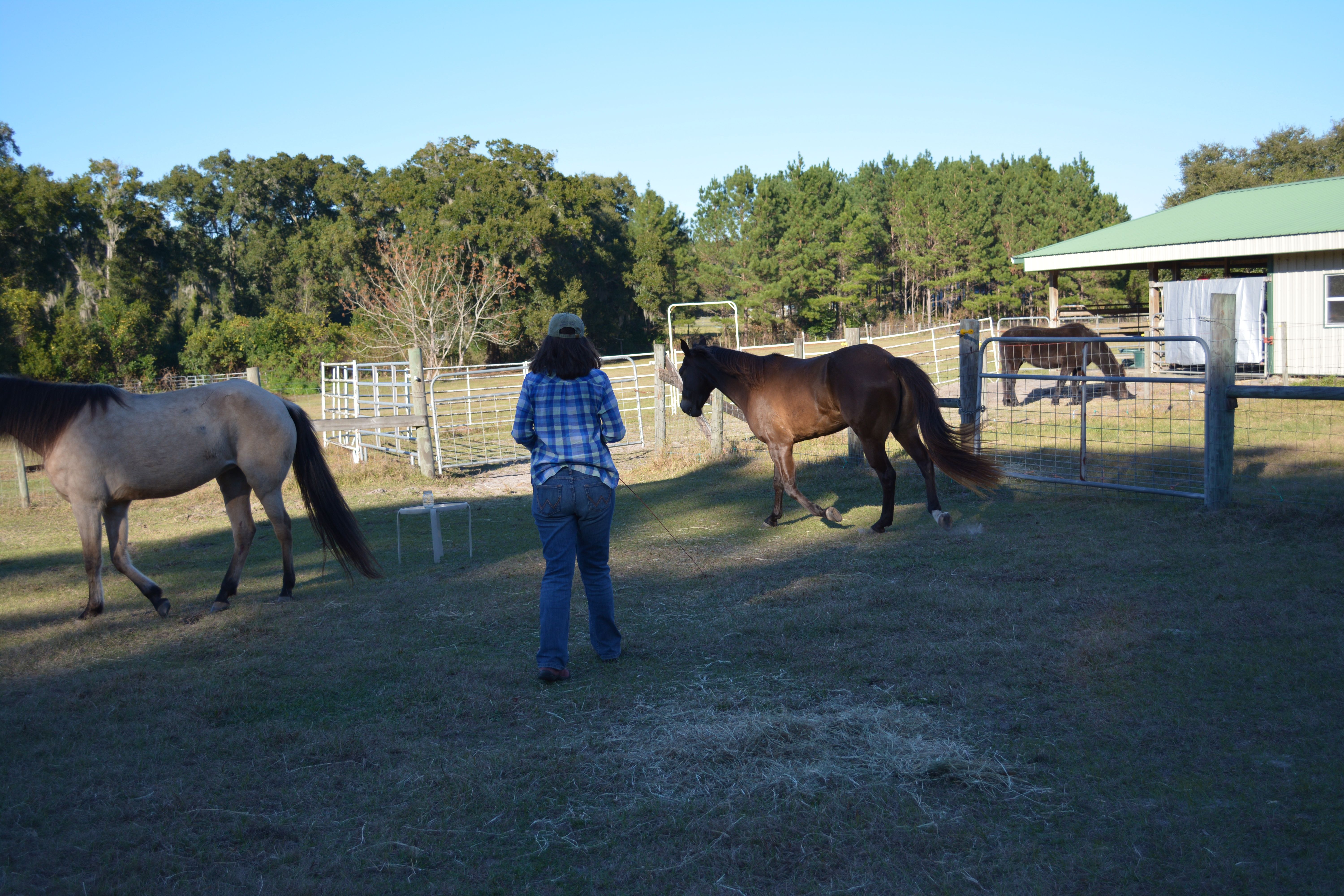 10) As you integrate movement into your own life, make a point to integrate more movement into your horse’s life. Sometimes, even horses who have a lot of space only hang out in one place with their friends. They may do this because they are not motivated to move and are conserving energy. Movement is everything to the horse, as it is to all organisms. In nature, the horse moves from place to place, covering twenty miles a day, eating small amounts. It’s very difficult to create that scenario for most domestic horses, but we can improve their lives by putting out hay bags so they have to walk around for food, and slow down their eating, and/or by providing regular exercise and providing companions. Horse play is spontaneous between horses and of course, you can’t really plan it. The way horses use every part of their bodies to leap and play with each other is a joy to watch, and gives them healthy exercise at the same time.
10) As you integrate movement into your own life, make a point to integrate more movement into your horse’s life. Sometimes, even horses who have a lot of space only hang out in one place with their friends. They may do this because they are not motivated to move and are conserving energy. Movement is everything to the horse, as it is to all organisms. In nature, the horse moves from place to place, covering twenty miles a day, eating small amounts. It’s very difficult to create that scenario for most domestic horses, but we can improve their lives by putting out hay bags so they have to walk around for food, and slow down their eating, and/or by providing regular exercise and providing companions. Horse play is spontaneous between horses and of course, you can’t really plan it. The way horses use every part of their bodies to leap and play with each other is a joy to watch, and gives them healthy exercise at the same time.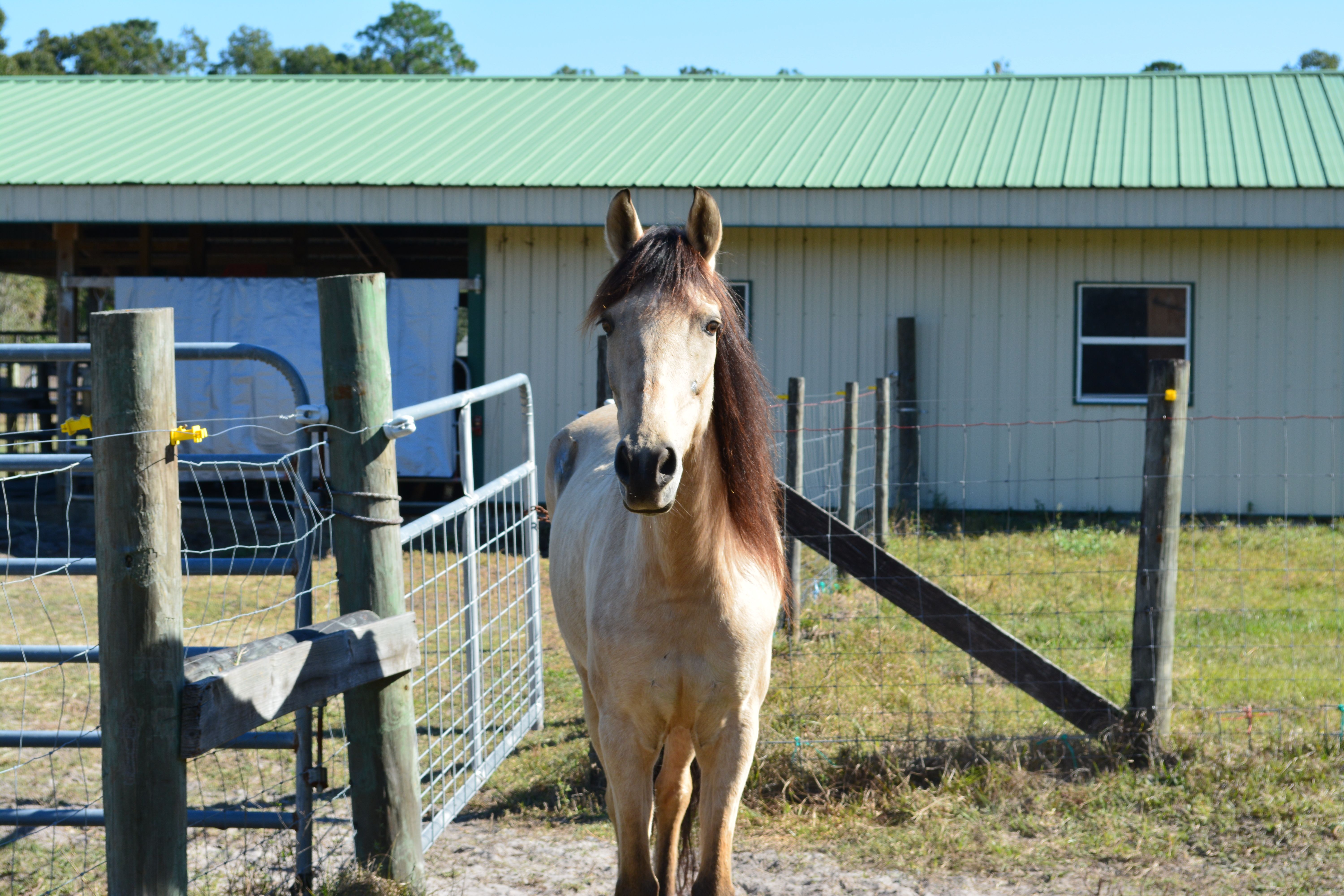
I don’t think that was too hard. Just a few possibilities, which is what the New Year is all about really. An opportunity to start afresh, take on new projects, become still with ourselves, deepen our lives with horses. It is a time to take stock of the way things are and could be: balance stillness with movement, safety with exhilaration, familiar rhythms with change.
Happy New Year, everyone!
(copyright: Susan Smith, OrthoHorse)
*****
Services: Bodywork: (Ortho-Bionomy for people, Equine Ortho-Bionomy): private sessions, tutorials, phone consultations, Horse & Rider sessions, distance healing communication and gift certificates
Liberty Coaching: clinics, mini-clinics, workshops, private and semi-private sessions, tutorials, consultations: by appointment: 505.501.2478 or emailing susansmith@orthohorse.info Scheduling now. Contact me for details.
I’m now putting together the 2015 Clinic Calendar. Let me know if you want to do a clinic at your location. Prices will vary according to location.
January 27-March 4 or 18, 2015 – Horses at Liberty Online Advanced will continue the instruction for those students who have taken an introductory online or in-person clinic from me.
The work builds on what has been taught in the introductory course with refining movements, body language, knowing what and when to ask for change, celebrating the horse’s gifts of engagement. Cost: $311
Payment for the Advanced Online can be made by check, PayPal or credit card. A PayPal button for each of those events is available on the home page of my website, http://www.orthohorse.info
April 10-12 – Spring Liberty Weekend in Oklahoma Susan Smith and Ruella Yates, co-instructors. Contact either of us: susansmith@orthohorse.info or ruella@libertyfoundations for further details.
Who will benefit from this work?
All horses and humans, but specifically:
- Horses who have not responded to traditional natural horsesmanship
- Horses who have been frightened, abused and in other ways traumatized
- Horses who may be aggressive or too passive in their herd situations
- Horses who have problems with humans
- All humans who may be puzzled about relationship with horses and want to deepen their connection.
Susan is a member of the Independent Liberty Trainers Network. libertytrainersnetwork.com/



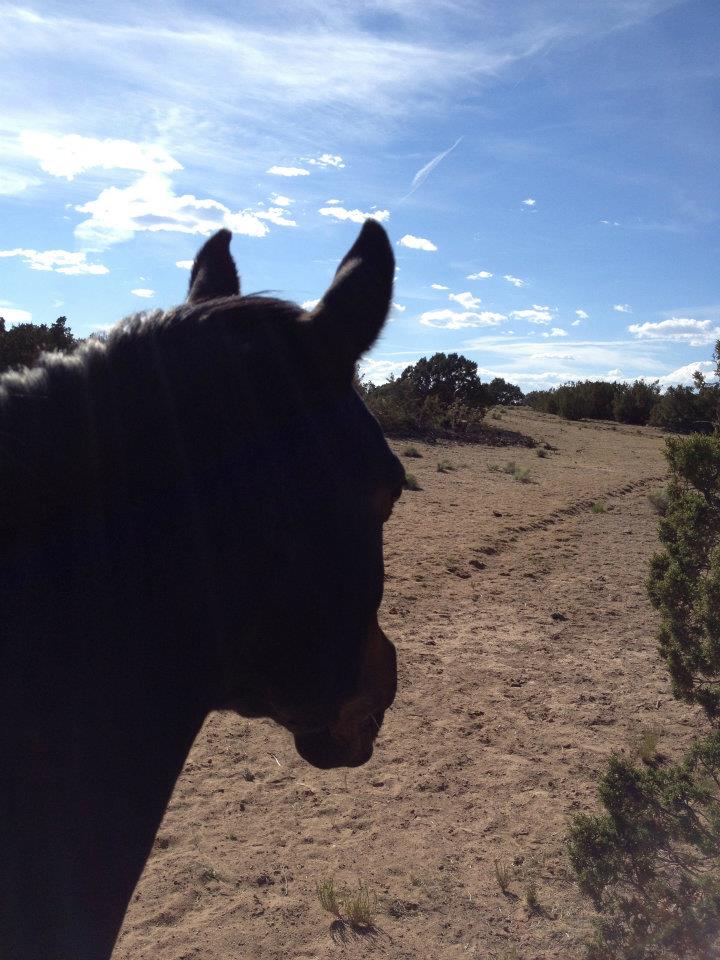
I love these, Susan! My favorites are your reminders to keep moving ourselves even in winter, and spend time observing natural herds, whether wild or domestic. Some of my best insights come from sitting and watching my own herd interact. Horses really are our best teachers! Thanks!
I see that you announced our Spring Clinic! Welcome to our April 10-12 Liberty Foundations clinic near Oklahoma City! I’ll have the event page ready this week!
Ruella Yates
Liberty Foundations
Spirit Horse Ranch
http://www.libertyfoundations.com